
How to Use CBD for Migraines
Do you suffer from headaches? Are these headaches slowly transforming into debilitating migraines? If you don't want to take painkillers, CBD oil could be a great alternative. Here's how to use CBD for migraines.
Are you one of the more than 38 million Americans who suffer from migraines? Whether your migraines are chronic or occasional, moderate or severe, you know how debilitating these painful headaches can be.
One of the greatest frustrations that migraine sufferers experience is the fact that there are very few medications out there that seem to be effective for alleviating migraine symptoms.
If you’ve tried everything on the market and can’t find relief, you may want to consider trying CBD for migraines.
CBD (also known as cannabidiol) has been shown in numerous studies to have a positive effect on people who suffer from chronic pain. It’s also been shown to work better than prescription drugs at working with your migraines when combined with THC (tetrahydrocannabinol).
Read on to learn about the benefits of CBD for migraines and how you can start using it to relieve your pain.
What is CBD?
First, before we get into the ways CBD can benefit migraine sufferers, it’s important to explain what CBD is, how it differs from THC, and how the two work in the body.
THC Vs. CBD
CBD and THC are both cannabinoids, or compounds that are found in the cannabis plant. CBD can also be derived from the hemp plant (which is a cannabis plant that contains very little THC — less than one percent).
THC contains psychoactive properties (meaning it causes you to feel “high”), but CBD does not.
How Do They Work in the Body?
THC works with the body’s naturally occurring endocannabinoid system. Specifically, it stimulates the CB1 and CB2 receptors. The CB1 receptors are found primarily in the brain and spinal cord, while the CB2 receptors are part of the immune system.
By stimulating these receptors, THC influences a number of processes throughout the body, including the following:
- Mood
- Memory
- Appetite
- Inflammation and immune responses
- Pain perception
- Sleep
Unlike THC, CBD does not stimulate the cannabinoid receptors directly. Instead, it works with other receptors in the body, specifically the vanilloid, adenosine, and serotonin receptors, to influence other processes, such as:
- Body temperature
- Pain perception
- Inflammation
- Mood
CBD can also work with the adenosine receptors to signal the release of neurotransmitters like dopamine and glutamate.
Dopamine is involved in mechanisms for everything from motivation to motor control and cognition, while glutamate helps mediate excitatory signals and is involved in memory, cognition, and learning.
CBD and THC work best together to help relieve pain and inflammation, improve mood, and promote overall general health. CBD also helps lessen the psychoactive effects of THC.
For people who do not live in states where medical marijuana is legal, though, CBD can be used on its own to provide relief.
How Does CBD Help Relieve Migraines?
Now that you know a bit more about what CBD is and how it works, you’re probably wondering what it can do for you and your migraines.
Researchers don’t have a clear answer on how CBD can help with migraines since the actual cause of migraines is unknown. But, they do have some theories.
First, some researchers believe that migraines are triggered by low levels of serotonin. They believe that these low levels can cause the blood vessels to dilate and trigger migraines in some people. Because CBD stimulates the serotonin receptors, researchers have hypothesized that it can be used to raise serotonin levels and prevent migraines from occurring.
Some studies also suggest that migraines are caused by high levels of inflammation. Since CBD is a powerful anti-inflammatory, some researchers think that it could be the key to providing migraine sufferers with relief and giving them a tool to help prevent future migraines.
How to Use CBD for Migraines
If you’re interested in using CBD to find relief from your migraines, you have a couple different options.
CBD Oil
Most people like to use CBD oil to help with their migraines syptoms. Oils come in flavored and unflavored varieties and are generally considered to be the easiest way to consume CBD.
CBD oil is easy to consume, but it also takes longer for you to feel the effects of CBD. This is because it has to go through the digestive tract before it can enter the bloodstream.
Because it takes longer to feel the effects, it’s usually best to use CBD oil on a regular basis as a preventative measure.
CBD Concentrates
CBD concentrates are another great option for people who need fast relief. They contain higher levels of CBD than oils and are vaped instead of consumed orally.
Vaping CBD concentrates allows the CBD to travel directly to your bloodstream since it enters through the lungs and doesn’t have to travel through the digestive tract.
Vaping CBD concentrates is usually the best option if you’re dealing with severe pain and need immediate relief.
Are There Any Risks to Using CBD for Migraines?
Many people worry about negative side effects when they start taking any new drug, and CBD is no exception. The good news, though, is that there are very few side effects that come with consuming CBD.
This is why so many people are turning to it to ease various imbalances in their bodies. Not only does it work for most people, it works without any unpleasant after-effects.
Most people don’t experience any side effects when they consume CBD orally, with the exception of feeling a bit drowsy if they take too much or a bit of dry mouth.
When they vape CBD, some people experience coughing, wheezing, or lung irritation. Because of this, vaping might not be ideal if you have asthma or another type of lung issue.
Other than that, CBD is generally considered to be safe to consume. Of course, you should still talk to your doctor before adding it to your pain-relieving regimen.
Try CBD Today
Are you can see, there are a lot of benefits that come with using CBD for migraines. Are you ready to give it a try?
If so, head to our online store and check out our wide range of CBD products today. We offer everything from CBD oils to CBD gum, so you’re bound to find something that works for you when you shop with us.
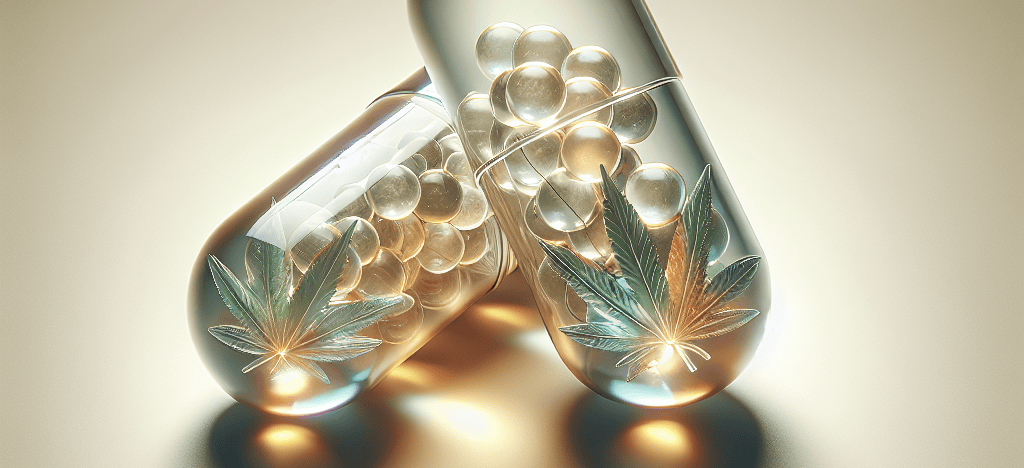






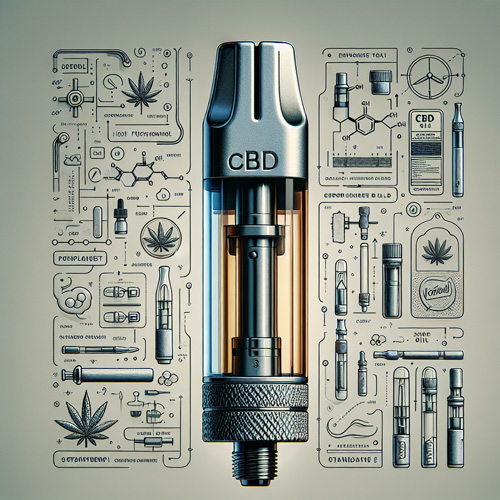





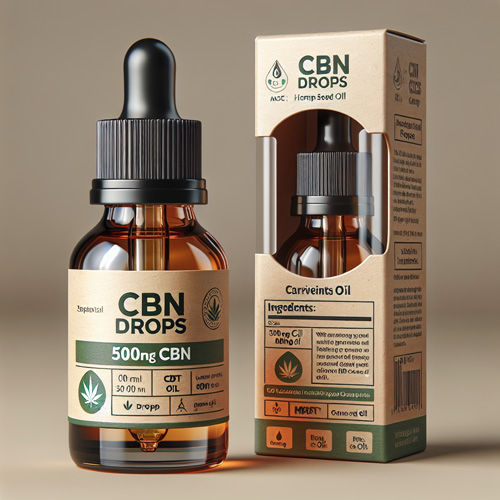
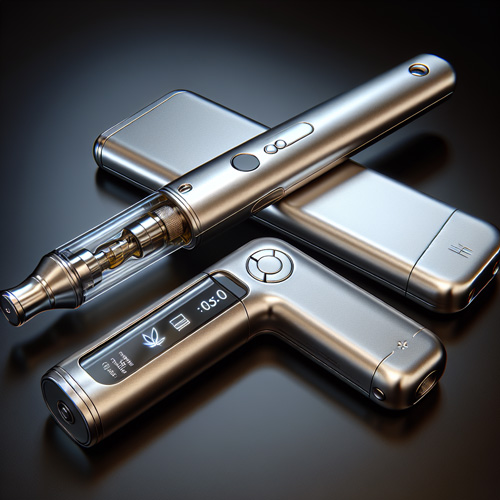
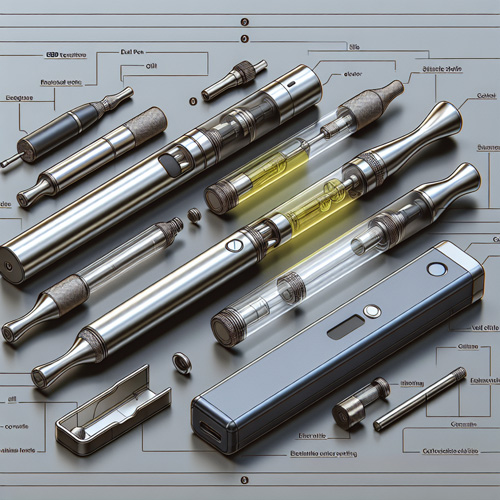


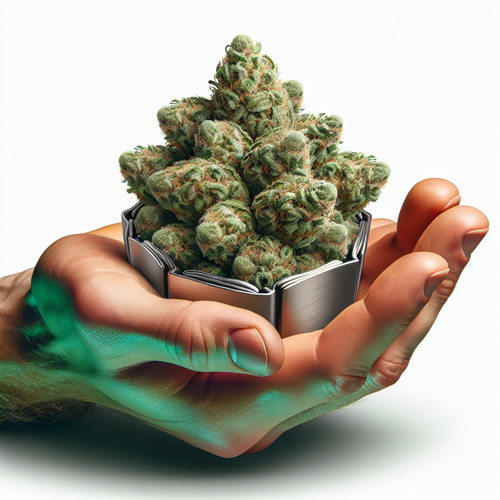


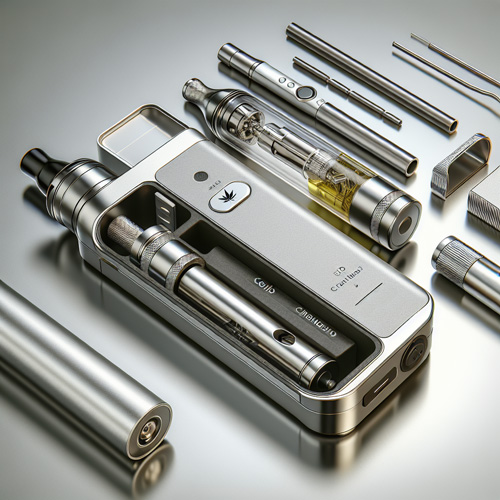




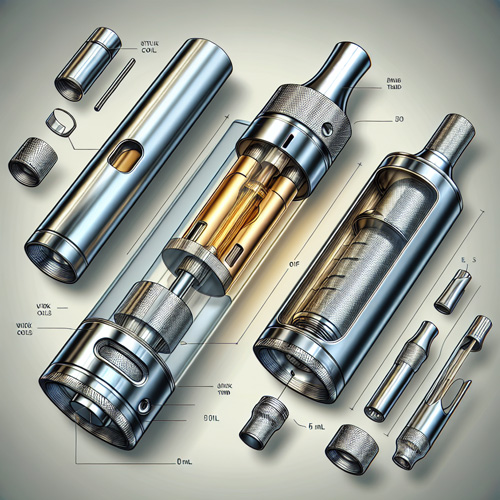









/5Total reviews
Persons recommended this product
Filter by
star Rating
attach_file Attachments
Anonymous
Shopper
check_circle Verified
Shop owner replied
Was this helpful
Facebook
X (Twitter)
LinkedIn
Reddit
Copied to Clipboard
Anonymous
Shopper
check_circle Verified
Shop owner replied
Was this helpful
Facebook
X (Twitter)
LinkedIn
Reddit
Copy Link
Thanks for your review!
Your feedback helps us improve our service.
There are no reviews yet.
Be the first to review “ ”
Only logged in customers who have purchased this product may leave a review